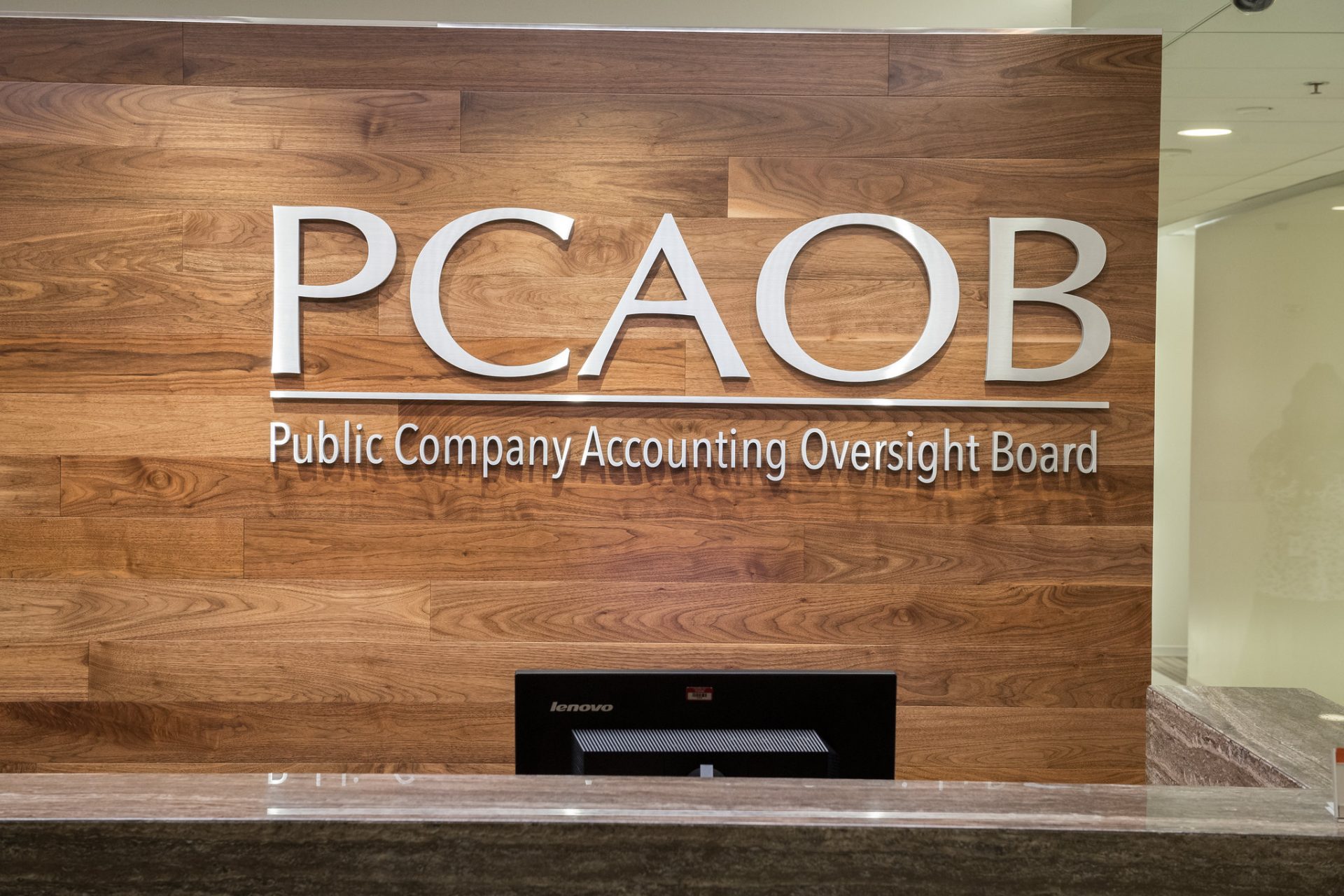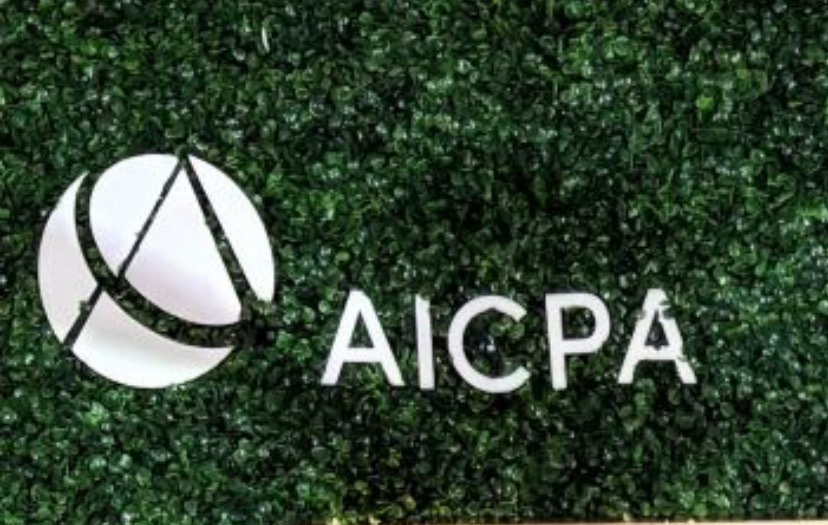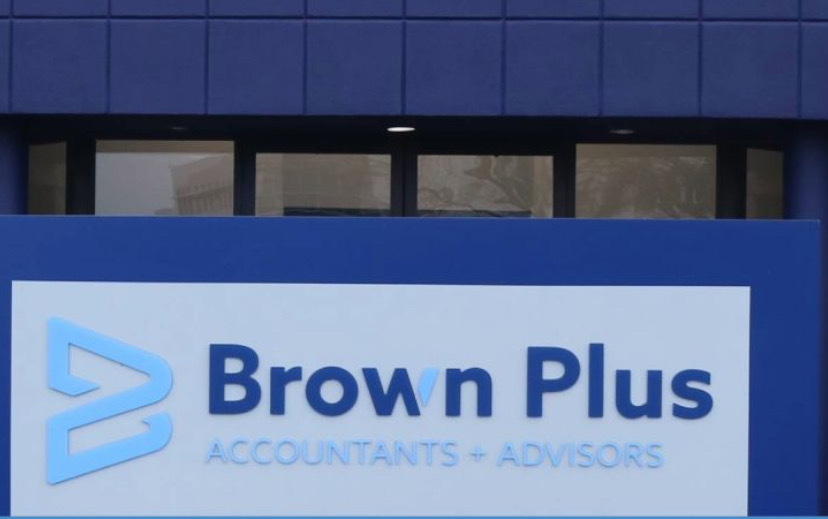The Public Company Accounting Oversight Board (PCAOB) has doled out a record $20 million in total fines to audit firms and individual auditors so far in 2023, almost doubling the previous high mark of $11 million set last year.
PCAOB Chair Erica Williams had warned audit firms that strengthening enforcement would be one of the regulator’s top priorities during her tenure, saying the PCAOB “will not hesitate to hold wrongdoers accountable for breaking the rules.”
During an open meeting on Nov. 16 when the board approved its $384.7 million budget for 2024, the PCAOB noted that it had reached $11.9 million in fines for the year, not only breaking its previous record set in 2022 but more than doubling the total penalties in each of the five years before last year.

“Last year through our enforcement program we imposed the highest penalties in PCAOB history against those who put investors at risk. This week we surpassed that record with $11.9 million in penalties against wrongdoers—and the year is not over,” Williams said during the Nov. 16 budget meeting. “This budget provides us with the resources to continue to strengthen our enforcement program as we use all the tools in our toolbox to conduct investigations and bring enforcement actions to protect investors and drive deterrence.”
Since that meeting, the PCAOB fined three firms a total of $145,000 on Nov. 28 for failing to timely file a Form AP, which requires audit firms to disclose who led specific audits for the firm and whether any other firms were involved in those audits, and another three firms were fined a total of $110,000 on Nov. 28 for violating PCAOB reporting requirements.
Then yesterday, the PCAOB announced it had fined PwC affiliates in Hong Kong and China, as well as another Chinese audit firm, a total of $7,940,000 for violations of the U.S. securities laws and PCAOB rules and standards.
These are the first enforcement settlements with mainland Chinese and Hong Kong audit firms since the PCAOB gained access to inspect and investigate firms headquartered in China and Hong Kong in 2022. The sanctions include the highest civil money penalty the board has imposed against a China-based firm and one of the highest penalties the board has imposed against any firm. The sanctions also include a requirement—for the first time ever in a PCAOB disciplinary order—that a China-based firm retain an independent monitor.
The following is an excerpt from Williams’ statement Thursday on the sanctions against the Chinese firms:
The days of China-based firms evading accountability are over. The PCAOB is demonstrating that we will take action to protect investors in U.S. markets and impose tough sanctions against anyone who violates PCAOB rules and standards, no matter where they are located.
The first two orders include $4 million in penalties against PwC Hong Kong, which we inspected last year, and $3 million against PwC China, for a total of $7 million.
Before today, the highest penalty imposed against a China-based firm was $50,000. Today’s $4 million fine matches the second-highest penalty amount for any firm in PCAOB history, and $3 million matches the third-highest amount.
The two PwC global network firms violated the integrity and personnel management elements of the PCAOB quality control standards by failing to detect or prevent extensive, improper answer sharing on tests for mandatory internal training courses.
From 2018 until 2020, over 1,000 individuals from PwC Hong Kong and hundreds of individuals from PwC China engaged in improper answer sharing—by either providing or receiving access to answers through two unauthorized software applications.
In addition to the financial penalties, both firms are required to take steps to prevent such violations from happening again and to report their compliance to the PCAOB so we can ensure investors are better protected.
The third order imposes $940,000 in fines against mainland-China based firm Shandong Haoxin and four of its auditors for falsifying an audit report, failing to maintain independence from their issuer client, and improperly adopting the work of another accounting firm as their own.
In early 2019, the firm violated the anti-fraud provisions of U.S. securities laws and independence rules in the audits of a China-based data analysis software company, Gridsum Holding Inc.
Before even being engaged as Gridsum’s external auditor, the firm told the company that it was prepared to issue a clean audit opinion on three years’ worth of financial statements.
Having received that commitment, Gridsum promptly dismissed its then current auditor and hired Haoxin. A day later, relying primarily on the prior auditor’s draft workpapers and performing little work of its own, Haoxin issued its clean audit opinion.
This egregious audit failure is unacceptable. To protect investors on U.S. markets, the order prohibits the firm from accepting new clients and bars four of its auditors from participating in U.S. issuer and registered broker-dealer audits.
The order also requires the firm to retain an independent monitor at its own expense to improve practices and ensure compliance—a first for any China-based firm and only the second time the PCAOB has required any firm that is not part of a global network to retain an independent monitor.
Together, these strong enforcement orders show the PCAOB will use every tool we have to hold China-based firms accountable and protect investors by deterring wrongdoing.
The PCAOB has also notched several other enforcement firsts this year, including:
- A $3 million fine given to top 15 firm Marcum last June for several years’ worth of quality control failures and violations of auditing standards during its audits of special-purpose acquisition companies. The $3 million fine is the largest doled out to a “non-affiliate firm,” meaning an audit firm that isn’t a member of a large global network.
- This same enforcement action against Marcum also produced another PCAOB first: The regulator is forcing an audit firm to make functional changes to its supervisory structure related to the firm’s system of quality control. As part of the settlement, Marcum will have to create a new role and hire an individual to serve as head of the firm’s quality control system and to create a committee responsible for the oversight function for the audit practice.
- A $200,000 fine given to top 50 firm Warren Averett in September for auditor independence violations related to its membership in an accounting alliance.
“Anyone who puts investors at risk should know we mean business,” Williams said during the 18th Annual Audit Conference at the Baruch College Zicklin School of Business on Nov. 28. “We mean business when it comes to enforcement because we can’t afford not to.”
Thanks for reading CPA Practice Advisor!
Subscribe Already registered? Log In
Need more information? Read the FAQs




